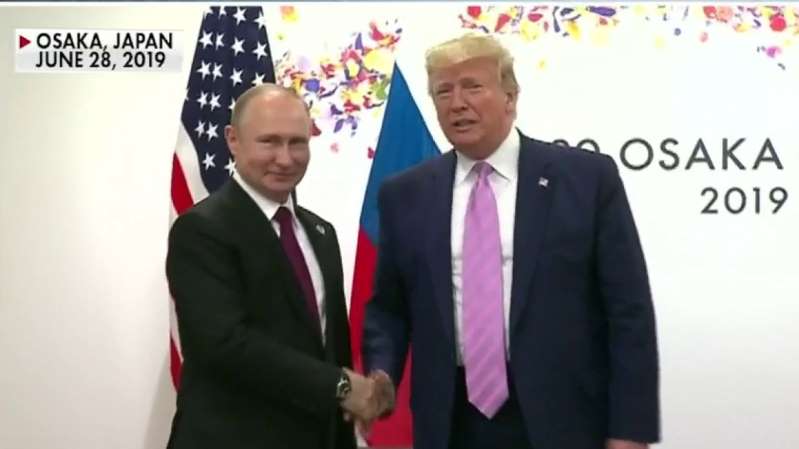Russian voters on Wednesday overwhelming approved amendments to Russia’s constitution that will keep President Vladimir Putin in power until 2036, concluding a weeklong vote that critics say was marred by pressure on voters and other irregularities.
A massive propaganda campaign and the opposition’s failure to mount a coordinated challenge helped Putin get the result he wanted, but the referendum could end up eroding his position because of the unconventional methods used to boost participation and the dubious legal basis for the balloting.
Kremlin critics and independent election observers are questioning the official figures.
“We look at neighboring regions, and anomalies are obvious — there are regions where the turnout is artificially (boosted), there are regions where it is more or less real,” Grigory Melkonyants, co-chair of the independent election monitoring group Golos, told The Associated Press.
Analyst Gleb Pavlovsky, a former Kremlin political consultant, said Putin’s push to hold the vote, despite the fact that Russia has thousands of new coronavirus infections each day, reflected his potential vulnerabilities.
Read Also: Russia Denies Nuclear Incident After Agency Detects Isotopes
“Putin lacks confidence in his inner circle and he’s worried about the future,” Pavlovsky said. “He wants an irrefutable proof of public support.”
Even though the parliament’s approval of the changes was enough to make it law, the 67-year-old Russian president put his constitutional plan to voters to showcase his broad support and add a democratic veneer to them. But then the coronavirus pandemic engulfed Russia, forcing him to postpone the April 22 vote.
In Moscow, several activists briefly lay on Red Square, forming the number “2036” with their bodies in protest before police stopped them. Some others in Moscow and St. Petersburg staged one-person pickets and police didn’t intervene.
Authorities mounted a sweeping effort to persuade teachers, doctors, workers at public-sector enterprises and others who are paid by the state to cast ballots. Reports surfaced from across the vast country of managers coercing people to vote.
Kremlin critics and independent monitors pointed out that the pressure on voters, coupled with new opportunities for manipulations from a week of early voting when ballot boxes stood unattended at night, eroded the standards of voting to a new low.
Many criticized the Kremlin for lumping more than 200 proposed amendments together in one package without giving voters a chance to differentiate among them.
“I voted against the new amendments to the constitution because it all looks like a circus,” said Yelena Zorkina, 45, after voting in St. Petersburg. “How can people vote for the whole thing if they agree with some amendments but disagree with the others?”
Putin supporters were not discouraged by being unable to vote separately on the proposed changes. Taisia Fyodorova, a 69-year-old retiree in St. Petersburg, said she voted yes “because I trust our government and the president.”
In a frantic effort to get the vote, polling station workers set up ballot boxes in courtyards and playgrounds, on tree stumps and even in car trunks — unlikely settings derided on social media that made it impossible to ensure a clean vote. At the same time, monitoring the vote became more challenging due to hygiene requirements and more arcane rules for election observers.
MSN

